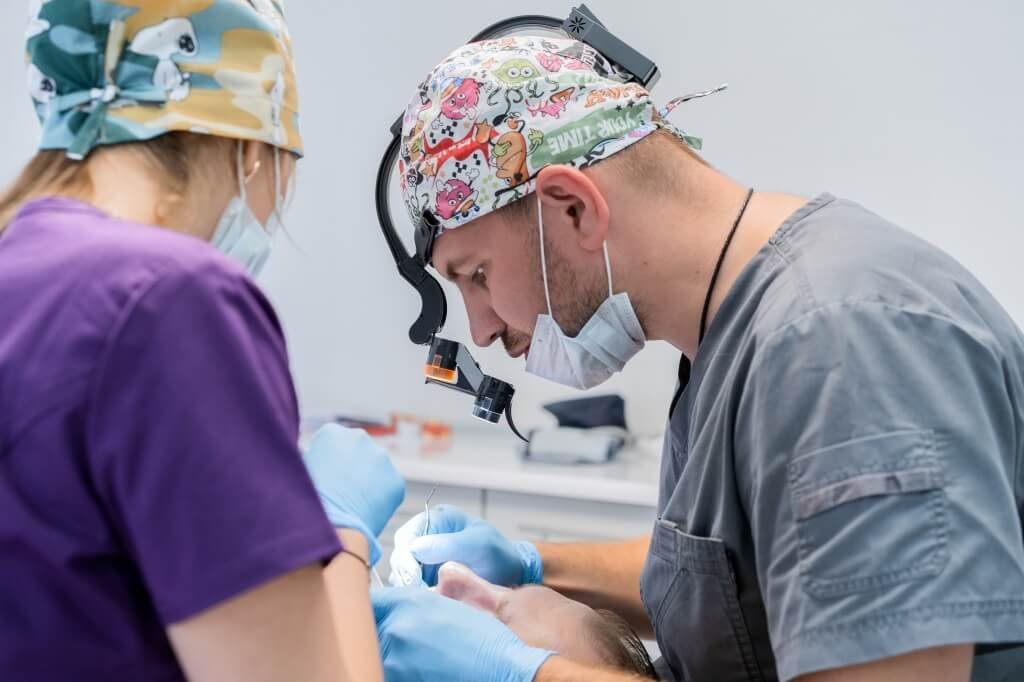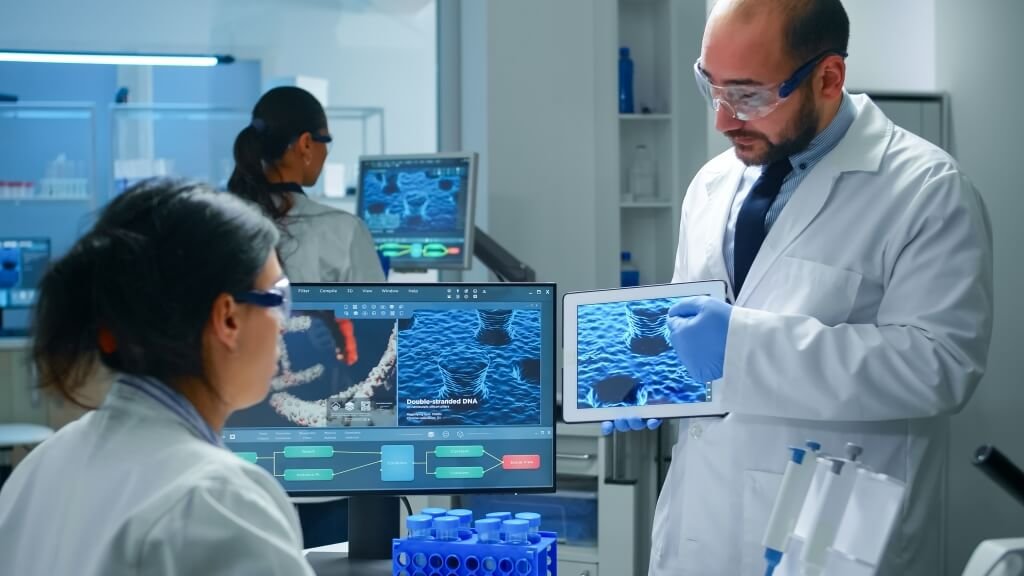Maximizing Efficiency in Emergency Rooms with Machine Learning for Real Time Maxillofacial, Trauma, Surgical, Medicated Assessment
A large urban/suburban hospital’s Level 1: Trauma center was experiencing long wait times and overcrowding in its emergency room. The maxillofacial, trauma, surgical, and medicated assessment processes, in particular, were frequently time-consuming, resulting in delayed diagnoses and treatment. To address these concerns, the hospital implemented an ML-based system that generated real-time medical assessments using patient data such as demographics, medical history, and imaging results. To identify patterns and provide accurate assessments, the system used a neural network (NN) algorithm that was trained on thousands of previous cases. The system was integrated into the hospital’s electronic medical record (EMR) system, giving physicians and other healthcare professionals real-time access.

NOTE: HEALTH CARE PROFESSIONALS ONLY
Based on their presenting symptoms and medical history, the system provided AUTOMATED:(PATIENT SPECIFIC) medical assessments to patients. If a patient presents with suspected maxillofacial trauma, for example, the system would generate an automated assessment of the patient’s condition, including recommendations for imaging tests and potential treatments.

REMEMBER: “SURGEONS ONLY”— NOT FOR CONTENT UNDERSTANDING

Evaluation
Wait times and patient outcomes were compared before and after the ML-based system was implemented to assess its effectiveness in maximizing efficiency in the emergency room. Wait times were reduced significantly, and patients received more accurate and timely diagnoses and treatments, resulting in better outcomes and fewer complications.

Conclusion
The use of machine learning-based systems in emergency rooms has the potential to transform the medical assessment and improve patient outcomes. The case study demonstrates how an ML-based system can maximize efficiency in an emergency room, resulting in shorter wait times and better patient outcomes. With continued technological and research advancements, ML-based systems will play a growing role in emergency rooms and other healthcare settings. Healthcare providers can provide better care to their patients and improve outcomes by incorporating these systems into clinical practice.
Category:
Date:
March 8, 2023








